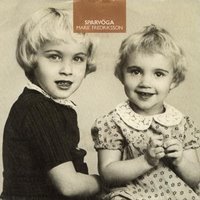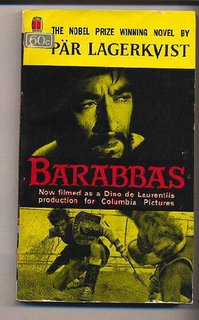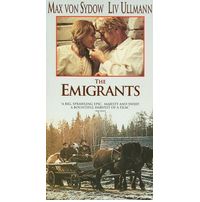During this weekend I have been busy with Swedish prose from the 1970s. The 70s hardly exist at all in Swedish literature as the 60s is considered to have ended in 1976 and the 1980s was a higher profiled period. In early 70s the publishing industry suffered from low/non-profits. Critics during the preceding years had claimed that fiction was all lie and crap. But eventually, this decade came with a renaissance for fiction and story-telling. Young authors left the political problems for existential ones. Prominent Swedish authors from the 1970s are such as: Jacques Werup, Ernst Brunner, Niklas Rådström, Klas Östergren.
I chose to read
Lars Gustafsson, who is a highly academic author and a central figure especially in the 1960s . With
Herr Gustafsson själv (1971) his authorship took a new path as he is more open about his own experiences and try to give form to the relations between the individual and society. At the same time it is an Inferno-journey as the one in Dante's
Divina Commedia.

The second novel I chose from this decade was
Ann-Charlotte Alverfors' Sparvöga. It is the first part of a trilogy about a little girl called Gertrud, nicknamed Sparvöga by her grandfather, who grows up in a big house in the countryside of Småland (the origin of Astrid Lindgren, Vilhelm Moberg, IKEA, my father and so much more....) together with parents and grand parents. The novel is a good example of a literary provinsialism that turns up during this period of time. It was filmed and shown in Swedish television late 80s but I have not found any English version. Marie Fredriksson (from Roxette) sang the lead theme.


